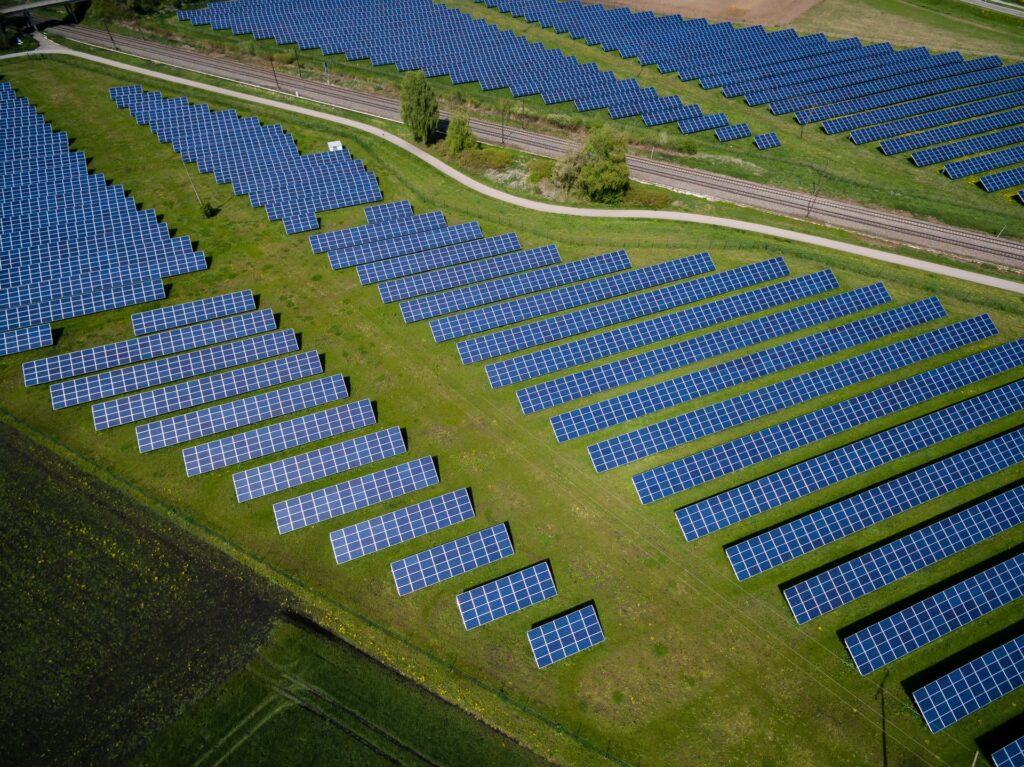
UK-based renewables developer Elements Green has said the Great North Road solar park could generate annual funding of “up to £1 million” for local community projects.
Situated near Newark-on-Trent, Nottinghamshire, the solar and battery storage park has the potential generation capacity of 800MW, making it a nationally significant infrastructure project (NSIP) as it surpasses the 50MW threshold.
Despite being in early-stage development, Elements Green has revealed a number of core details for the project. This includes on-site energy storage, although the capacity has not been disclosed, as well as biodiversity improvements and associated infrastructure to connect to the Staythorpe substation. Work is currently underway to determine suitable areas for these assets.
Elements Green is now encouraging local residents to enquire about funding from an associated scheme called NG+, which aims to provide financial support for community projects.
Mark Noone, project director for the NSIP said: “The GNR Solar Park could create enough clean and affordable energy to power every home in Nottinghamshire, and that isn’t the only benefit this proposed development could bring.
“While plans for the site are still in the early stages, the associated NG+ scheme could provide around £1 million per year for projects designed to support the local community. The scheme would deliver projects that focus on vital issues like the environment, education, food security, wellbeing and energy efficiency.”
The NG+ scheme is due to formally begin in March 2024, but discussions between interested parties are reportedly already underway.
The role of a local community
Communities stationed nearby to new and building solar farms or battery energy storage systems have become increasingly integral to the process over the past year.
For example, in October 2023, a Welsh solar developer, Gower Power, launched a community share offer for the 4.99MW Brynwhilach solar farm located in Swansea.
The company aimed to generate over £2.7 million in community benefits over the next 23 years, with a minimum investment of £250.
The UK government has also taken a stand in favour of community involvement, with the department of energy security and net zero (DESNZ) committing £10 million to community energy groups in August 2023.
The fund launched in early Autumn and aimed to target projects like rural heat networks and rooftop solar. The hope of the government is that the funding will encourage more private investment to scale up projects.

